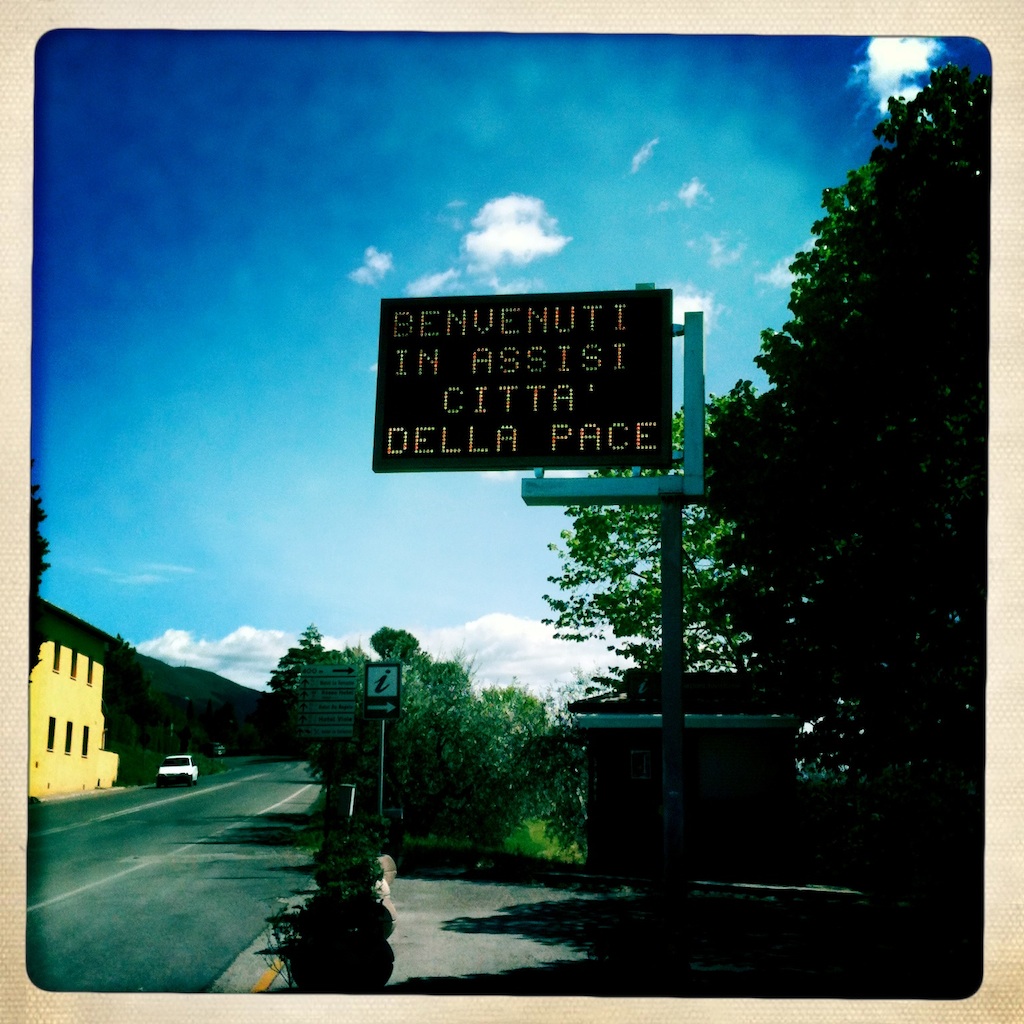
Photo: Scott MacDougall
In many ways, the 20th century was the century of ecumenism. Efforts to bring together the separated Christian denominations and traditions came into being and gathered momentum, giving birth to organizations like the World Council of Churches. Honest and sometimes difficult conversations across divides within the Christian family began to take place. The Orthodox churches and representatives of the Anglican Communion, for instance, met for decades to wrestle with what was keeping them apart and what it might take to bring them back together. Some of the Protestants in northern Europe entered into talks that brought them into new and close relationships, which had a great impact on their common life and on their collective and individual talks with still other churches. The ecumenical impulse was so strong that dialogues even developed between churches that at first might seem to have little in common or to be at least suspicious of, if not outright antagonistic toward, each other. Roman Catholics, for example, began talks with Pentecostal churches and Southern Baptists. Yet, for all the hope and promise of these efforts -- and the real fruit that this work has effected notwithstanding -- ecumenism seems to have reached a kind of plateau. For many, not enough progress is being made. There is talk of an "ecumenical winter."
Last week, I had the honor of participating in a four-day meeting in Assisi, Italy, that brought together approximately 230 theologians and ecumenists from more than 55 nations to discuss the fractures within the Christian family, to identify what components of the effort to restore the church to unity and wholeness are and are not working, and to imagine how we might come out of the ecumenical winter into an ecumenical spring, by envisioning the meaning and goal of ecumenical work in fresh ways. Hosted by the Ecclesiological Investigations International Research Network, the conference, Assisi 2012: Where We Dwell in Common, provided participants with the opportunity to make connections, share ideas, build relationships and work together toward greater peace and unity in the church.
The participants did not come as official representatives of any church. Instead, each theologian, activist and ecumenist -- ordained or not -- spoke only for her -- or himself. There were no delegates. There were no "official" conversations. Many of my colleagues at Assisi had been involved in such official ecumenical dialogues, some of them for many decades. But at Assisi, we spoke as individuals. Committed individuals, to be sure, each of us rooted in our own traditions and approaching the ecumenical enterprise from the perspective of our own practices of the faith. But we did so without having to bear the burden of speaking for that tradition as a whole. We spoke only for ourselves. Presenting papers and engaging in panel discussions and breakout groups, we shared only our own impressions of what Christian unity could look like and what it might take to get there. We shared experiences of such unity, describing where and when and under what circumstances we'd seen the unity and wholeness of the church spring to life and also where and when we'd seen such unity begin to fall apart. We shared excitement and hope for the future of the church, but cautiously, knowing full well how much is at stake, how difficult the road is, and how far along it we still have to travel.
We were, however, in the home town of St. Francis and St. Clare, and that was significant. Francis' and Clare's intense devotion to both the church and to peace is legendary. For many of us, it was inspiring to meet in the place that had nurtured them.
St. Francis, particularly, is renowned for brokering peace of all kinds: between his new monastic order and the church hierarchy, between crusading Christians and an Egyptian sultan, between the townspeople of Assisi and a murderous (if misunderstood) wolf, and even between himself and death, which he came to embrace as "Sister Death." As we gathered around his tomb one night last week, singing hymns, many of us, I suspect, were thinking about Francis' unwavering commitment to the peace, gentleness, and harmony to which he believed Christ has called us all. We were thinking about what that means for the church, a church broken by division, scandal, and abuses of power, often in collusion with states and repressive regimes and supportive of inhumane social policies. And so we worked together for four short but jam-packed days, young theologians and eminent scholars side by side, new activists and established high-level ecumenists alike, to envision ways of moving forward, new ways of rebuilding Christ's church, the very mission that Francis believed he'd been given by God. Only by catching the vision, by reshaping our imagination of the church to focus on its peace and unity, can we truly and effectively stand in solidarity with the poor, vulnerable, outcast, marginalized, and oppressed. At the same time, as Francis and Clare saw so clearly, it is only in our solidarity with "the least of these" that the church is made whole and peaceful! The peace and unity of the church and its service to the world are, in large part, inseparable.
Our conversations at Assisi last week were all too brief. And it remains to be seen what effects they will have on the lives of our churches and on the lives of the people who need that which the church, at its best, has to offer. We do not have a road map to wholeness in the church. But, our work at Assisi and, indeed, Assisi itself, have provided us with a vision of peace and unity that, we can only hope and pray, will flower into the ecumenical spring each of us came away longing for. Hopefully, St. Francis and St. Clare would be proud of us.
